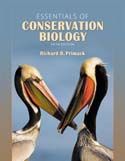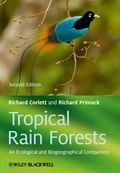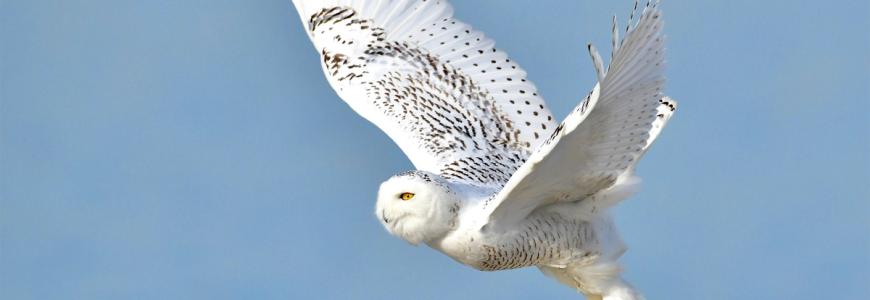Accelerated Climate Change: Can Nature Adapt?
Contemporary Science Issues and Innovations
October 09, 2012 Belmont Media Center, Belmont MA
Richard Primack, PhD, Professor of Biology, Boston University Primack Lab A leading authority on conservation issues, especially flora and fauna adaptations to rapid climate change, Professor Primack brings a truly global perspective to Nature's rapid response mechanisms. He discusses changes in the Massachusetts habitat that Henry David Thoreau made famous, and describes the limitations of plants and animals to adapt to this era of intense current climate stress.
About Professor Primack. Richard B. Primack is a Professor in the Biology Department at Boston University. He received his B.A. at Harvard University in 1972 and his Ph.D. at Duke University in 1976, and then was a postdoctoral fellow at the University of Canterbury. He has served as a visiting professor at the University of Hong Kong and Tokyo University, and has been awarded Bullard and Putnam Fellowships from Harvard University and a Guggenheim Fellowship. Dr. Primack was President of the Association for Tropical Biology and Conservation, and is currently Editor-in-Chief of the journal Biological Conservation. Twenty-seven foreign-language editions of his textbooks have been produced, with local coauthors adding in local examples. He is an author of rain forest books, most recently Tropical Rain Forests: An Ecological and Biogeographical Comparison, Second Edition (with Richard Corlett). Dr. Primack’s research interests include: the biological impacts of climate change; the loss of species in protected areas; tropical forest ecology and conservation; and conservation education. He is currently writing a popular book about changes in Concord since the time of Henry David Thoreau and Walden.
Walden Pond Trees Leafing Out Far Earlier Than in Thoreau's Time
Richard Primack, NYT Op-Ed 4/18/12: Early Bloomers
Watching climate change from the ground up Prof. Primack's team at Waldon Pond
The Guardian (3/14/12): Scientists use Thoreau's journal notes to track climate change (Primack's Walden Pond research)
NPR (6/05/12): The Emily Rooney Show: Ask the Professor -Pollen! (Dr. Primack talks about pollen allergies)
Massachusetts butterflies move north as climate warms
Science News 6/30/12 Animals on the move



Essentials of Conservation Biology
A Primer of Conservation Biology
Tropical Rain Forests: An Ecological and Biogeographical Comparison

